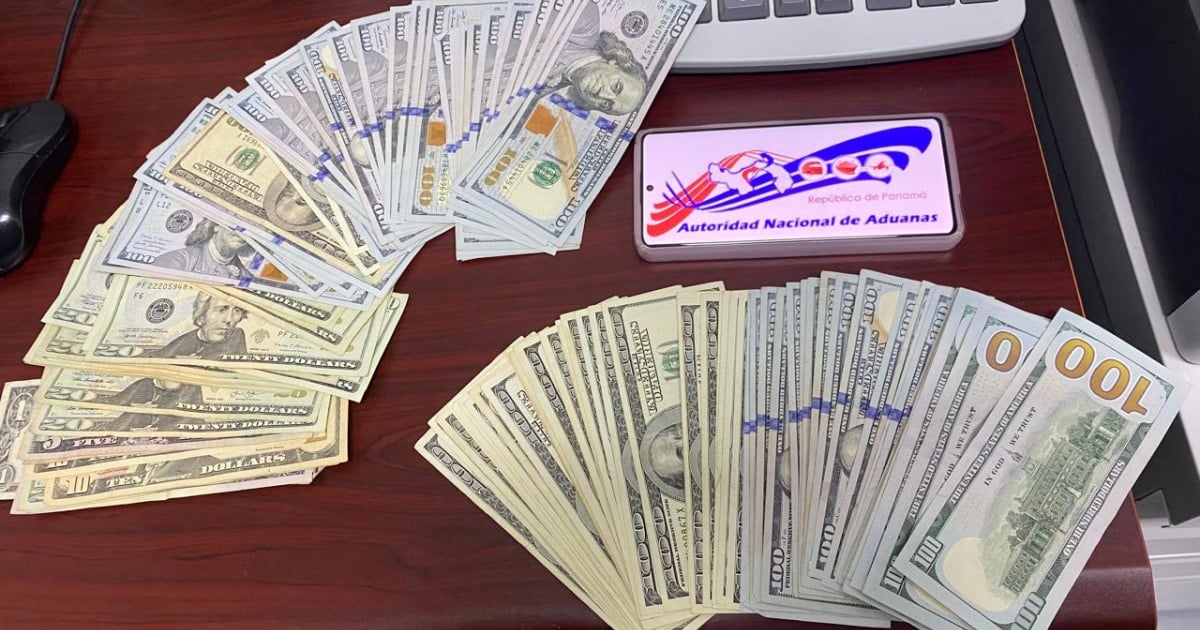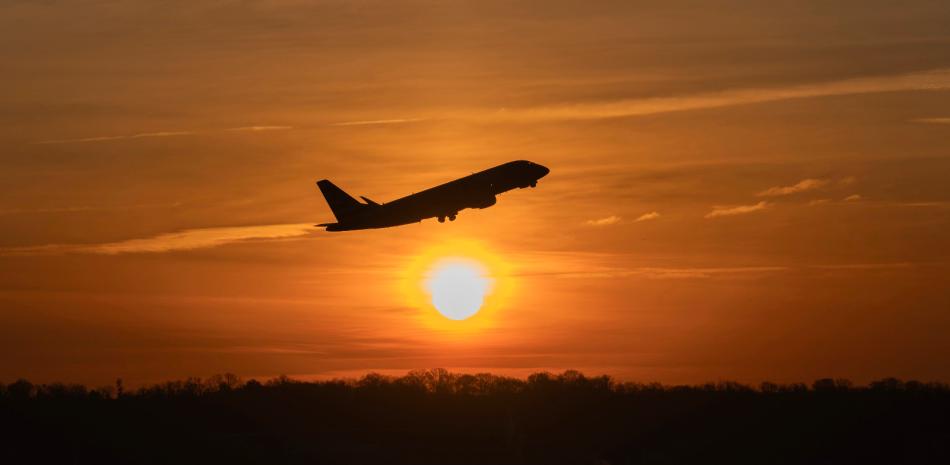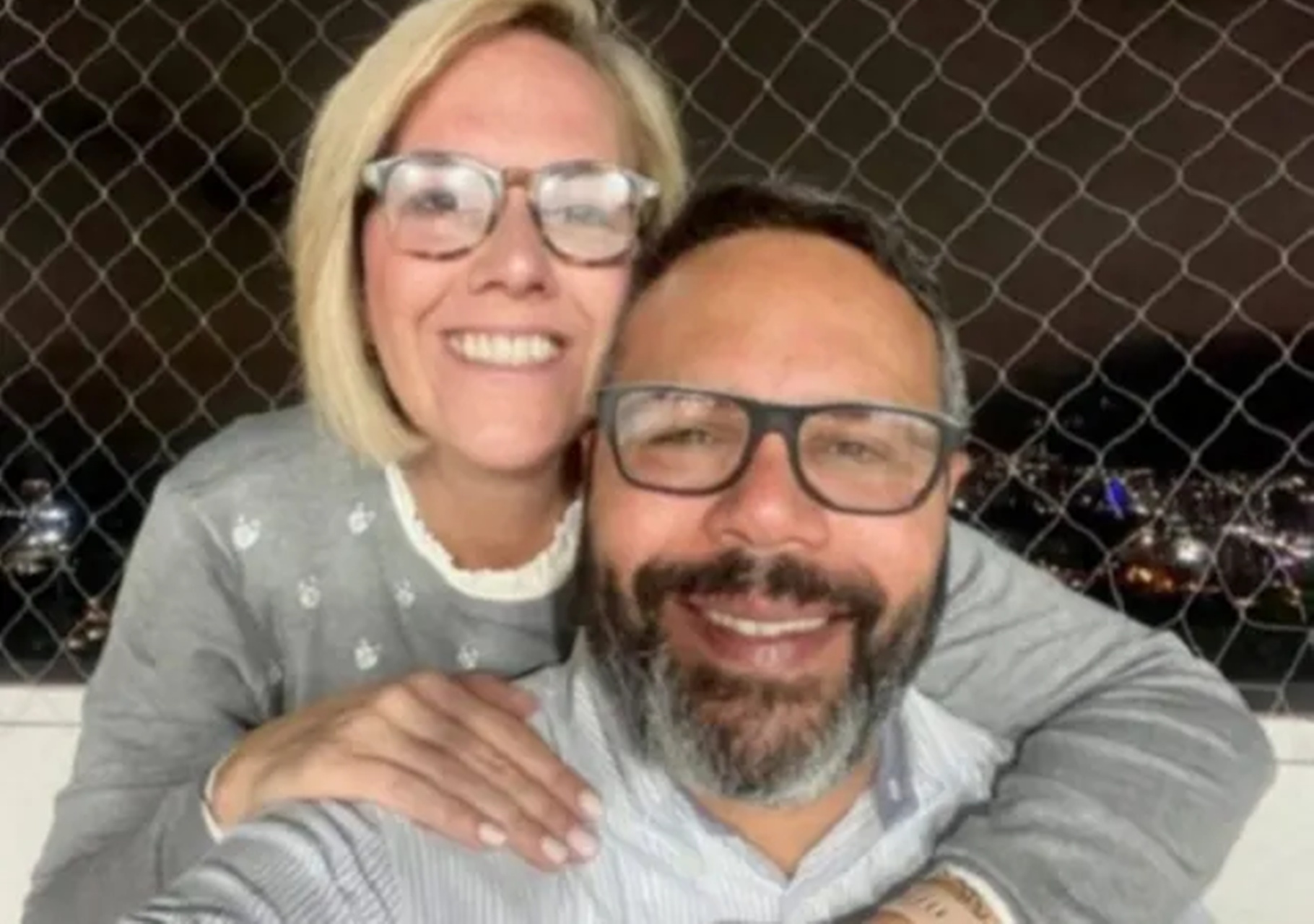Studies conducted in Venezuela show a very clear picture within a month and a half Presidential election: The opposition enjoys a “huge gap” in its favour, a climate of political change reigns, the President Nicolás Maduro is recovering from a very low baseEven if slowly, the Venezuelan electorate mostly wants to go to the polls.
With six weeks to go before the vote, opposition candidate Edmondo Gonzalez Urrutia has a wide advantage over his closest rival, a student of former President Hugo Chavez and a re-election candidate after 10 years in government, experts say. Private firms are responsible for researching the political environment and public opinion.
According to the latest poll of the ORC, González Urrutia, directed by the leadership of María Corina Machado, but disqualified by the Institutional Chavismo Counselors, held from May 16 to 24.
Based on 1,124 interviews, the survey found that 64.1% of Venezuelan voters will participate in the process on July 28. Voice of America Oswaldo Ramírez, company president and political analyst.
Maduro continues to “slowly rise,” however, as his campaign kicks off and public spending in support of his re-election begins to take notice, he points out, which is why Ramarez expects a “resurgence” in his candidacy. However, the negative rating of his administration is 80%.
“There are only 2 candidates in the mind of the voter: 'change' and 'continuity'. The candidate for change is a program led by Machado, who has a candidate in Gonzalez Urrutia. People understand these two and Machado's leadership is associated with the possibility of achieving these changes in the country,” he points out.
Between 1997 and 2002, when then-candidate and then-president Hugo Chávez Frias had the highest peaks of popularity, he says, the country enjoyed the “electoral energy” of people who looked to political leadership to achieve political change.
Changed leadership
González, 74, was unanimously nominated as the dissidents' sole candidate to replace disqualified leader Maria Corina Machado. However, Machado appears to have transferred much of his popularity to Gonzalez, so mainstream Venezuelan pollsters give him at least 15 points ahead of Maduro.
The Center for Political and Governmental Studies of the Andrés Bello Catholic University (UCAP) predicted that González could get around 7 million votes, while Maduro would not get more than 4,700,000. This calculation is derived from studies prepared by third parties accessible to this institution.
“The opposition seems to be at its best political and electoral moment today, while the government seems to be at its worst, with an electoral gap that is difficult to overcome through traditional fraudulent practices,” said the center's director, Benigno Alarcon.
According to Alarcon, the strategy of splitting the opposition by registering 8 other candidates did not work. He confirms that these standard-bearers together will not exceed 10% of the vote on July 28.
Maduro is unlikely to return
Ricardo Ríos, a political scientist and head of Poder y Economiaa, has a 30-point gap between Maduro and Gonzalez Urrutia.
According to their numbers, the challenger achieves the target of 55% of the vote, while the current head of state has a ceiling of 30 points. “It's a big gap,” Rios says VOA.
He also points out that it is “unlikely” that support for Maduro will grow to the point where the results are anything close in the coming days.
“We can talk about cold numbers and the government was defeated in the elections. There is no doubt, the issue is what scenarios are going to arise,” warns Rios.
Alarcón, for his part, believes the government faces a political dilemma: allow elections to be held with the currently registered candidates and cards, or ignore the process.
As many opposition politicians and even other candidates such as Enrique Márquez have warned the country and the international community, Alarcon says the eventual interruption of the process could be caused by the “crazy” actions of the ruling party.
The results would eliminate the candidacy of the biggest vote-getter, Gonzalez Urrutia, or his card, he described as the Democratic Unity Roundtable.
“It would be crazy to do that,” he noted. “This will end the election,” he said.
The university professor admits that Maduro has no desire to add support at the last minute. “What's forming is a huge social movement in the country that's looking for change because they feel they're in a system that's exhausted,” Alarcon says.
Not in vain, the president has reconnected with hard-line Chavismo, a faction that supports Chavismo represented in Maduro since 2013, with policies such as increasing pensions or creating a Ministry of the Elderly.
Ramírez, from ORC Consultants, highlighted that there was still “a lot to see” with “uncertainties about the opposition candidate and the election”.
But the fact remains that people want to vote. The vision is that through participation and voting, this political change will be achieved. Reconciliation, return of people, reunification is the great desire of all,” he points out.





